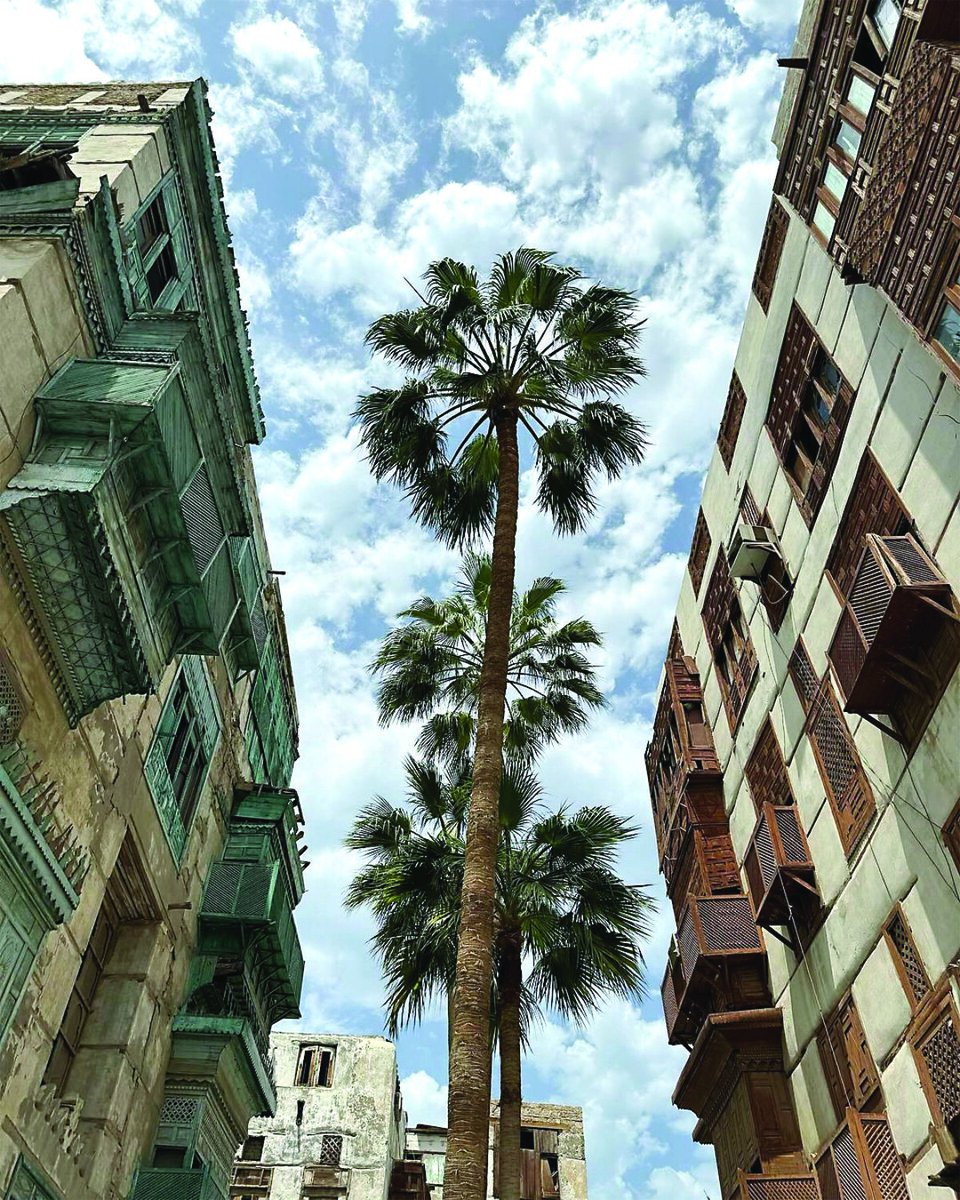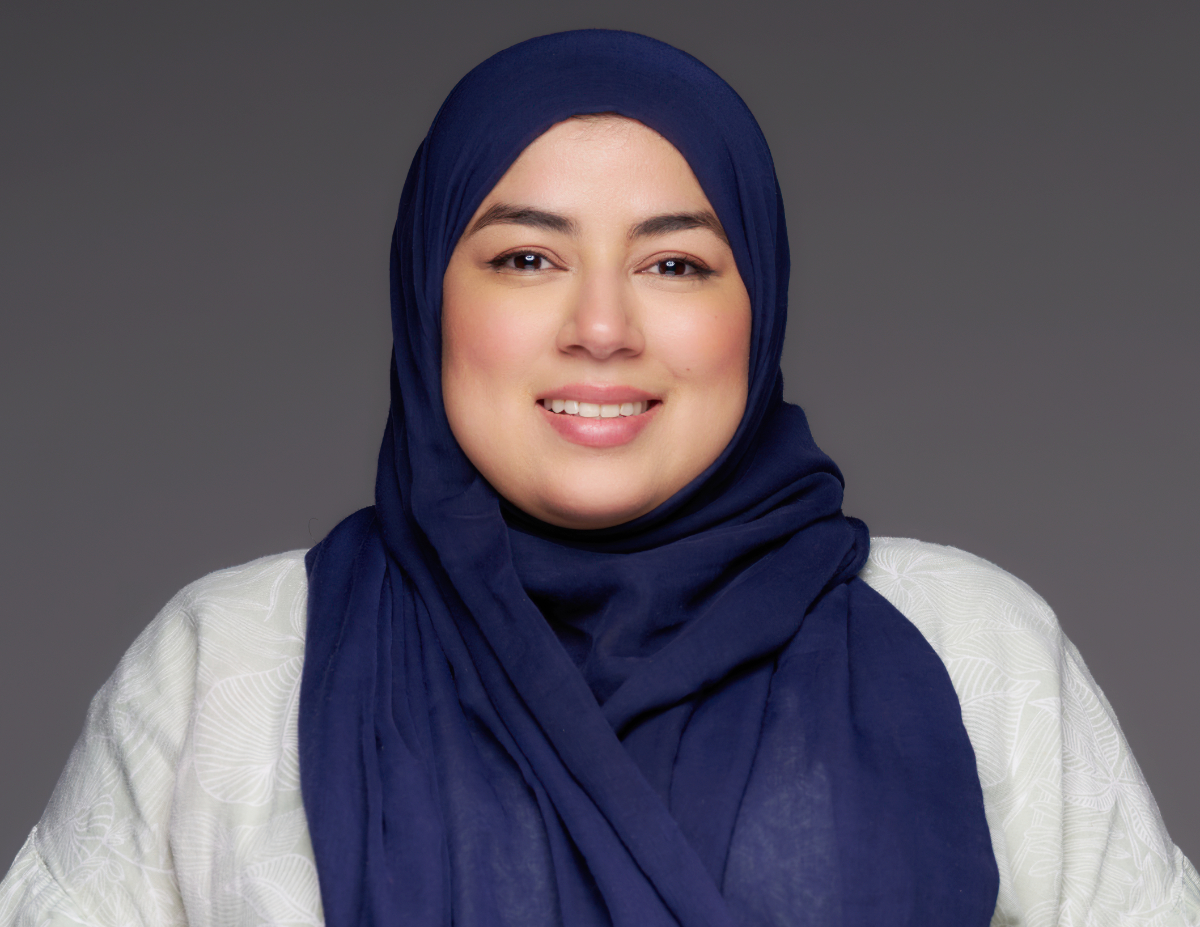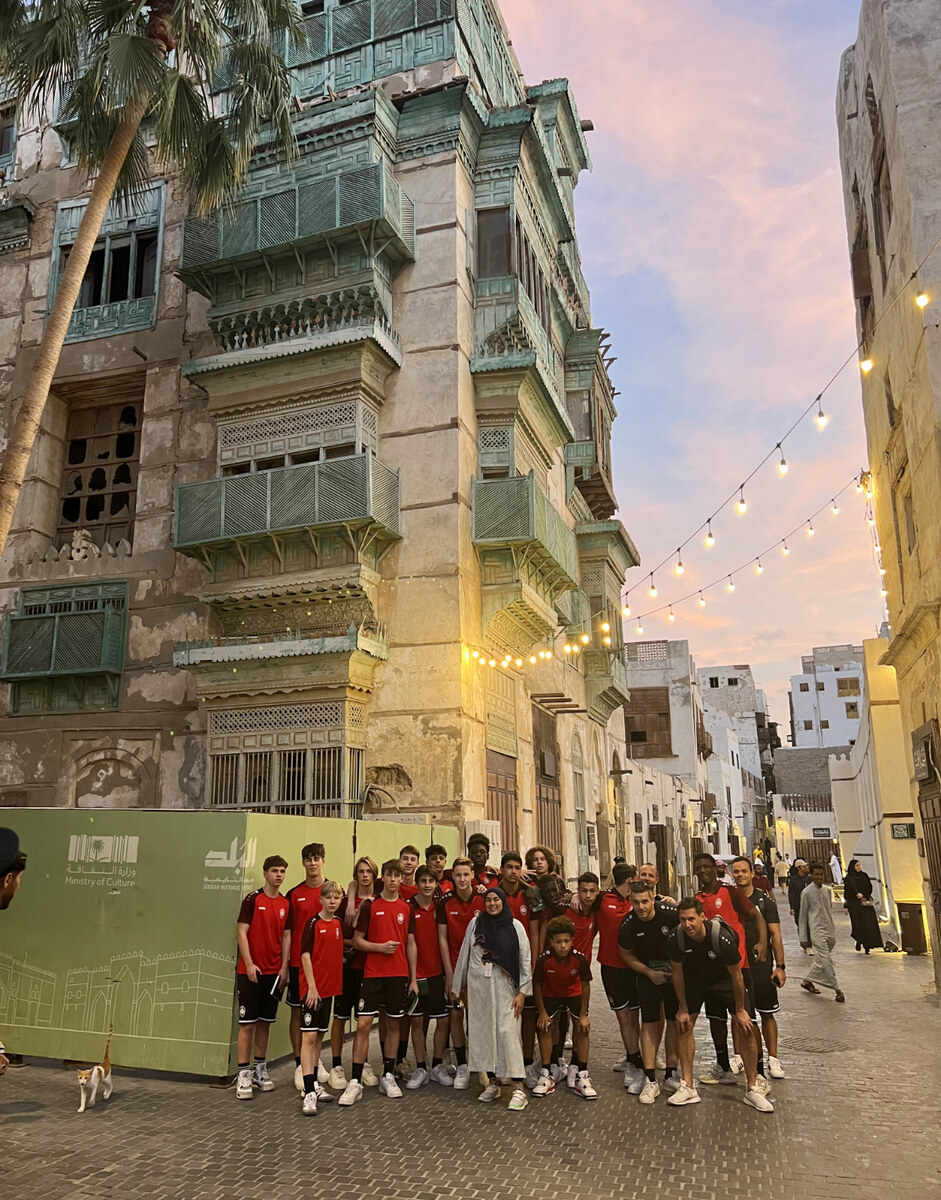JEDDAH: Jeddah has long been the gateway to the Kingdom, playing a pivotal role in the nation’s economy through its historic ties to commerce and its unique position as a hub for religious tourism, primarily Umrah and Hajj.
With the launch of Vision 2030, the city was destined to be at the forefront of the National Transformation Program, which elevates the tourism sector and establishes an ecosystem capable of welcoming 100 million tourists annually.

Al-Balad, with its captivating historic charm and significant heritage, remains the most popular destination for local and international visitors. (Supplied/ Instagram/discoverjeddah)
In a stroke of serendipity, Discover Jeddah was founded in 2017 — the same year the program’s execution began. Today, the tourism startup is not just encouraging local and international tourists to visit Saudi Arabia, but to discover Jeddah, the Kingdom’s vibrant coastal hub.
The concept is pretty simple: it is all about telling the story of the “Bride of the Red Sea,” said Ali Almenaie, the CEO of the project with roots in Jeddah, where he was born and raised.

Ali Almenaie, Discover Jeddah founder
He told Arab News: “With too much information out there, I felt that there was a need to show Jeddah through the eyes of those who love it, so that those who have not visited Jeddah or those who have but did not experience the heart and soul of the city, fall in love with it.”
As demand for authentic experiences grew, Almenaie pursued certification from the Ministry of Tourism to become a registered tour guide.

Al-Balad, with its captivating historic charm and significant heritage, remains the most popular destination for local and international visitors. (Supplied/ Instagram/discoverjeddah)
In 2023, he launched Discover Al-Balad, a tour service offering an immersive experience of one of Saudi Arabia’s World Heritage Sites.
On Instagram, Almenaie has curated a visual love letter to Jeddah and Al-Balad, capturing people’s interest, sparking their curiosity and encouraging more people to visit.
I felt that there was a need to show Jeddah through the eyes of those who love it, so that those who have not visited Jeddah or those who have but did not experience the heart and soul of the city, fall in love with it.
Ali Almenaie, Discover Jeddah founder
“From a young age I found myself drawn to the art of curation, capturing and collecting images that resonated with the things I cherished most in life,” Almenaie explained.
“I was captivated by the power of visuals to tell a story. This love for storytelling naturally extended to Jeddah, the city of my heart. I began to gather images that could capture its essence, hoping to piece together a narrative that was both personal and profound.”

A brief tour of Al-Balad takes about 1.5 hours, while a more in-depth exploration, including its hidden gems, can last three to four hours. (Supplied/ Instagram/discoverjeddah)
Almenaie added that he felt there was “a glaring absence, a silence where there should have been a vibrant, visual tale of Jeddah.”
He said: “The city’s story was out there, waiting to be told, but it was missing the richness that only images could convey. I realized that what was lacking was a visual narrative — one that could bring to life the soul of Jeddah, beyond words, in a way that was immediate and impactful.”

Kholoud Abdulwassie, tour guide.
In addition to guided tours, Discover Jeddah offers advertising services that include storytelling about significant locations in Jeddah.
It also offers multilingual tours to ensure that everyone can easily appreciate the city’s significance and its heritage sites. It also suggests optimal times for tours, so visitors can make the most of their experience, capturing beautiful moments to cherish and share.

Domestic tourists have mostly been Saudis, and British, German, Russian, and Egyptian residents. (Supplied/ Instagram/discoverjeddah)
One tourist from Ghana provided feedback, which said: “This tour doesn’t just show you the structures and tell you the facts, it takes you back in time to sense, see, and feel the old city. The tour is very family-friendly and tailored to the interests of the audience.”
Almenaie said: “We are planning to add more tour guides who can communicate in Japanese, Chinese, Urdu, Hindi, and Malayalam.”
There are only five tour guides, including Almenaie, at present. The reason for the small number is to ensure that quality does not get compromised while giving tours.
And while the focus is on Jeddah, the company occasionally runs tours in Madinah, Makkah and Riyadh in Arabic, English, German, Italian, French, and Spanish.
To Almenaie, running a tourism operation means avoiding “a purely transactional approach to business.”
He added: “This helps us identify people who have a genuine interest in discovering the city, allowing us to focus our efforts on them and save time by not pursuing those who may not fully appreciate what we offer.”
The most common nationalities using the services of Discover Jeddah are Americans, Brazilians, Europeans, Indians, and Ghanaians. Domestic tourists have mostly been Saudis, and British, German, Russian, and Egyptian residents.
One of the veteran tour guides is Kholoud Abdulwassie, who used to live in Germany. She graduated with a bachelor’s degree in zoology from King Abdulaziz University, which gave her valuable insights into the fauna of Saudi Arabia.
She has been with Discover Jeddah for two years now, and told Arab News: “My love for my city, especially the historic Al-Balad, where my family’s roots are and our houses still stand, drew me to this role. After learning about Discover Jeddah, I was eager to join a team that felt like the perfect match.”
Abdulwassie believes that each day brings something new, and added: “On tour days we welcome guests and lead them through the wonders of Jeddah. On days without tours, we focus on brainstorming and creating fresh experiences to offer.”
Al-Balad, with its captivating historic charm, remains the most popular destination. Other must-see highlights in Jeddah include the bustling fish market, the luxurious Jeddah Yacht Club, the serene Al-Rahma Mosque, popularly known as the “Floating Mosque,” and the picturesque Al-Hamra Corniche, home to the stunning King Fahd’s Fountain.
A brief tour of Al-Balad takes about 1.5 hours, while a more in-depth exploration, including its hidden gems, can last three to four hours. Full-day tours, which cover multiple locations, typically extend to around eight hours. These experiences often include tasting traditional Saudi food and learning about the daily life of a typical Saudi family.
Abdulwassie said that to engage with tourists from different cultural backgrounds was crucial.
She added: “It allows me to tailor each experience to the unique interests of our guests.
“As Jeddah natives, we’re accustomed to interacting with people from all over the world, especially during Hajj. My personal experiences, having visited around 25 countries and lived in Germany and Egypt, provide me with a broad cultural perspective that I bring to every tour.”
Among the most challenging situations Abdulwassie encounters is dealing with Jeddah’s humidity and blistering summer heat.
She said: “Summer weather can be challenging, so we design special routes with frequent air-conditioned stops to keep our guests cool and hydrated.”
She added: “I once had the privilege of guiding a UK traveler who was visiting Saudi Arabia as her 198th country. It was an honor to show her around, and she later invited me to her home in London. Together, we enjoyed marking Saudi Arabia on her travel map.”



































